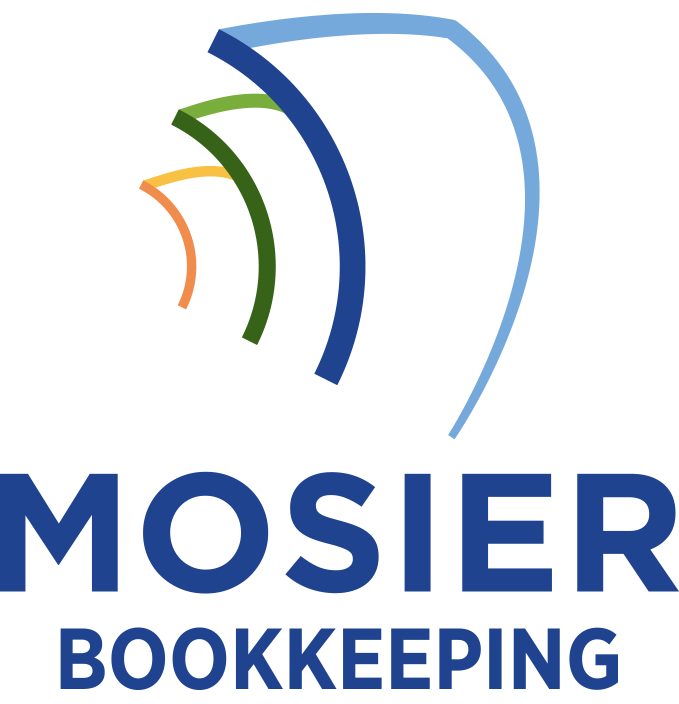Common bookkeeping mistakes I see small businesses make include mixing personal and business finances, failing to track small expenses and receipts, and neglecting monthly bank statement reconciliation. I’ve found that overlooking tax obligations and deadlines, along with poor documentation of employee reimbursements, can lead to costly penalties and audit risks. Understanding these critical errors and their solutions will help protect your business’s financial health and legal standing.
Mixing Personal and Business Finances

While running a small business requires careful financial management, one of the most common and costly mistakes is mixing personal and business finances. I’ve seen this error devastate countless entrepreneurs. When you combine personal and business accounts, you’ll struggle to track business expenses, complicate tax preparation, and risk personal liability exposure.
I recommend establishing separate bank accounts, credit cards, and financial records immediately. You’ll need to maintain clear boundaries between personal and business transactions. This separation not only protects your personal assets but also streamlines accounting processes, enhances financial clarity, and strengthens your legal protection under corporate structures.
Not Keeping Track of Small Expenses and Receipts
Beyond maintaining separate accounts, many business owners underestimate the impact of tracking small expenses. Those coffee receipts, parking fees, and office supplies you’re ignoring could considerably impact your tax deductions and cash flow analysis. I’ll tell you why meticulous receipt tracking matters:
- Small expenses compound into substantial annual totals that affect profitability metrics
- IRS audits require documentation for every business expense claimed
- Missing receipts lead to inaccurate financial statements and flawed decision-making
- Digital receipt tracking tools eliminate manual errors and create audit-ready records
Don’t let these seemingly minor transactions undermine your financial control. Implement a systematic approach to capture every expense, regardless of size.
Failing to Reconcile Bank Statements Monthly

Although many business owners view bank reconciliation as a tedious task, skipping these monthly checks can lead to costly errors and oversight. I’ve seen businesses lose thousands due to undetected fraud, duplicate charges, and bank errors simply because they didn’t reconcile regularly.
When you reconcile monthly, you’ll catch discrepancies early, maintain accurate cash flow records, and identify unauthorized transactions before they spiral out of control. I recommend setting a specific day each month for reconciliation and treating it as a non-negotiable appointment. This practice will protect your business’s financial integrity and give you confident control over your accounts.
Overlooking Tax Obligations and Deadlines
When I review common tax-related bookkeeping mistakes, I consistently find business owners struggling with three critical areas: missed quarterly tax payments, accumulating late filing penalties, and incorrect tax classifications. Missing quarterly tax payments can lead to significant IRS penalties and interest charges, while improper tax classifications of workers or expenses might trigger costly audits. If you’re not tracking tax deadlines and obligations meticulously, you’re putting your business at risk for substantial financial consequences that could have been easily avoided.
Missing Quarterly Tax Payments
Missing quarterly tax payments represents one of the most costly mistakes small business owners and self-employed individuals make in their bookkeeping practices. I’ve seen how this oversight can lead to substantial penalties and interest charges from the IRS, putting unnecessary financial strain on your business.
- Calculate and set aside 25-30% of your income immediately for tax obligations
- Mark quarterly tax deadlines (April 15, June 15, September 15, January 15) in your calendar
- Use accounting software to track estimated tax payment requirements
- Consider working with a tax professional to determine precise quarterly payment amounts
Don’t risk your business’s financial health. Implementing a systematic approach to quarterly tax payments will protect your profits and guarantee compliance.
Late Filing Penalties
Late filing penalties can devastate a business’s bottom line, often catching owners off guard with their severity and cumulative impact. I’ve seen penalties escalate quickly, with the IRS charging up to 25% of your unpaid taxes for each month you’re late. Plus, you’ll face additional state-level penalties that compound your financial burden.
To avoid these costly mistakes, I recommend setting up automated calendar reminders for all tax deadlines and maintaining a strict filing schedule. If you can’t pay the full amount, still file on time and arrange a payment plan. The penalties for late filing are substantially higher than those for late payment alone.
Incorrect Tax Classifications
Beyond filing deadlines, proper tax classification forms another major pain point for businesses. I’ve seen countless entrepreneurs misclassify their workers, expenses, and income categories, leading to costly IRS penalties and audits. You must understand tax classifications to maintain compliance and maximize deductions.
- Misclassifying employees as independent contractors can trigger severe penalties and back taxes
- Incorrectly categorizing business expenses affects your deduction eligibility
- Failing to properly classify income streams may result in underreporting
- Mixing personal and business expenses creates tax classification nightmares
Don’t risk your business’s financial health. Master these classifications or hire a qualified professional to handle them.
Poor Documentation of Employee Reimbursements

While employee reimbursements may seem straightforward, inadequate documentation of these expenses creates significant bookkeeping headaches and potential tax compliance issues.
I’ve found that businesses often fail to require detailed receipts, proper expense categorization, and clear business purposes for each reimbursement. Without this documentation, you can’t distinguish between legitimate business expenses and personal costs, risking IRS scrutiny.
To protect your business, I recommend implementing a standardized reimbursement policy that requires itemized receipts, written justifications, and manager approval. You’ll need to maintain these records for at least three years to support any potential tax audit.
Neglecting Regular Financial Statement Reviews
Many business owners make the critical error of reviewing their financial statements only during tax season or when seeking loans. I’ve seen how this negligence can severely impact a company’s financial health and decision-making capabilities. Regular reviews are essential for maintaining control and spotting issues before they become crises.
Identify cash flow problems before they impact operations
Detect fraudulent activities or accounting errors early
Track actual performance against projected goals
Make data-driven decisions about expansion or cost-cutting
You need monthly financial statement reviews, at minimum, to maintain a commanding position in your market and guarantee your business’s strategic growth. Don’t wait until problems surface to take action.









